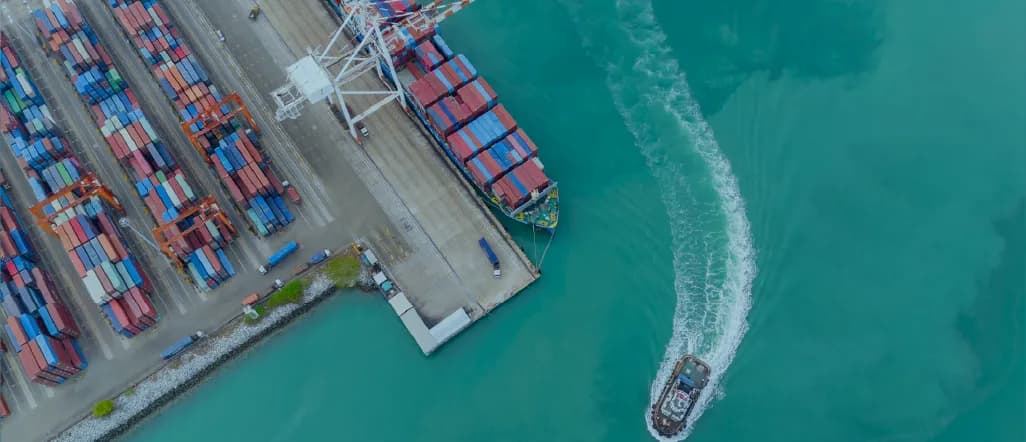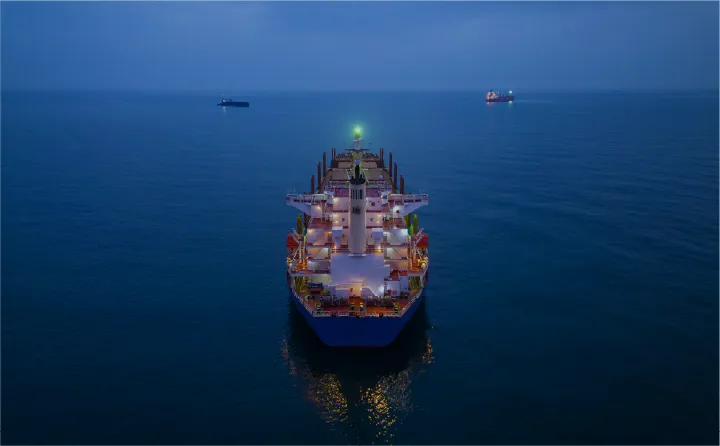This program is dedicated to advancing the efficiency of maritime transport by integrating cutting-edge technologies and innovative practices. The project encompasses several strategic components:
1. Vessel Design Optimization:
Enhancing the design of ships to improve hydrodynamic performance and energy efficiency. This includes incorporating advanced materials, streamlined hull designs, and aerodynamic modifications to reduce drag and improve fuel efficiency.
2. Fuel Management Improvements:
Implementing sophisticated fuel management systems to monitor and optimize fuel consumption. This involves using technologies such as fuel additives, energy-efficient engines, and real-time monitoring tools to minimize fuel use and emissions.
3. Route Planning Enhancements:
Utilizing advanced route planning and navigation systems to optimize travel paths. This includes leveraging data analytics and predictive modeling to identify the most efficient routes, avoid adverse weather conditions, and reduce travel time.
4. Operational Performance Enhancement:
Streamlining operational practices to increase overall performance. This includes training crew members on best practices for fuel efficiency, implementing automated systems for real-time performance monitoring, and conducting regular maintenance to ensure optimal operation.
5. Cost Reduction and Sustainability:
Aiming to cut operational costs through increased fuel efficiency and reduced emissions. By fostering a more sustainable approach to maritime logistics, the initiative supports environmental sustainability goals and contributes to cleaner shipping practices.
6. Industry Impact:
Promoting broader adoption of these advanced technologies and practices across the shipping industry to set new standards for efficiency and sustainability. The program aims to demonstrate the benefits of these innovations and encourage their widespread use.







